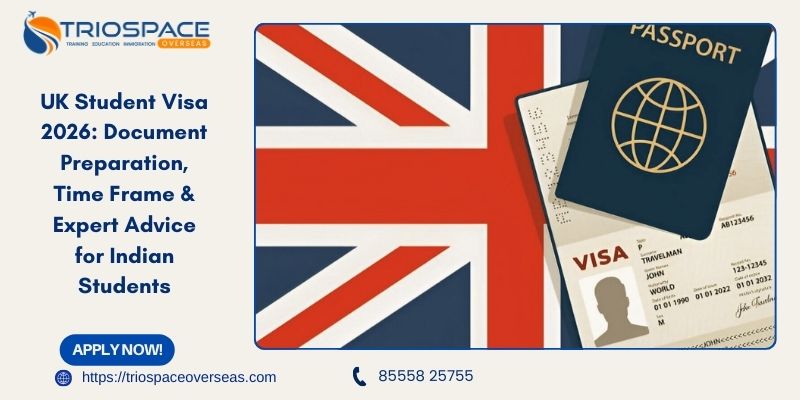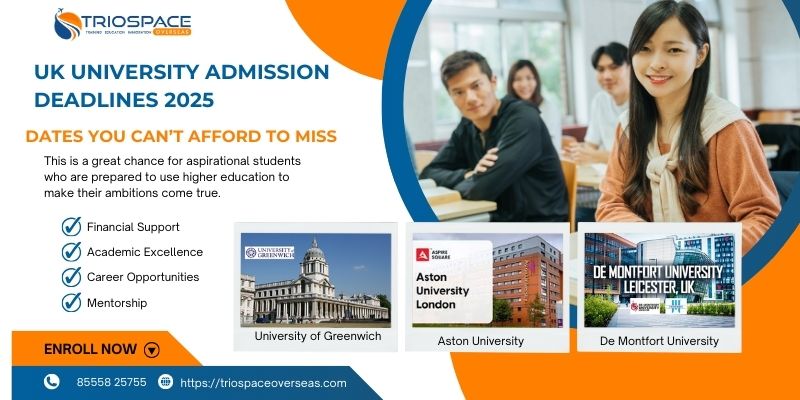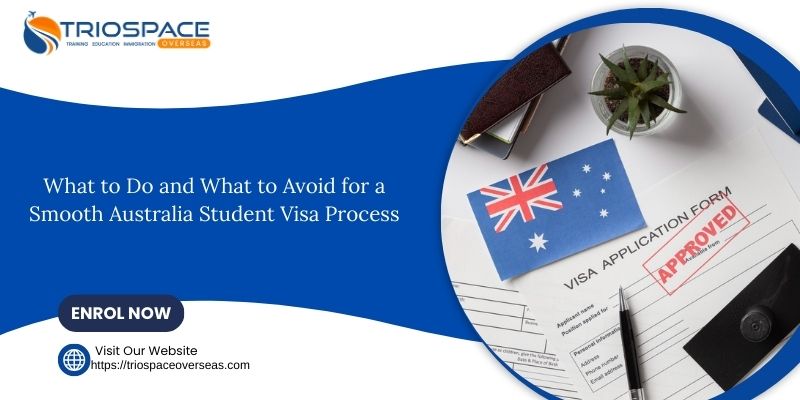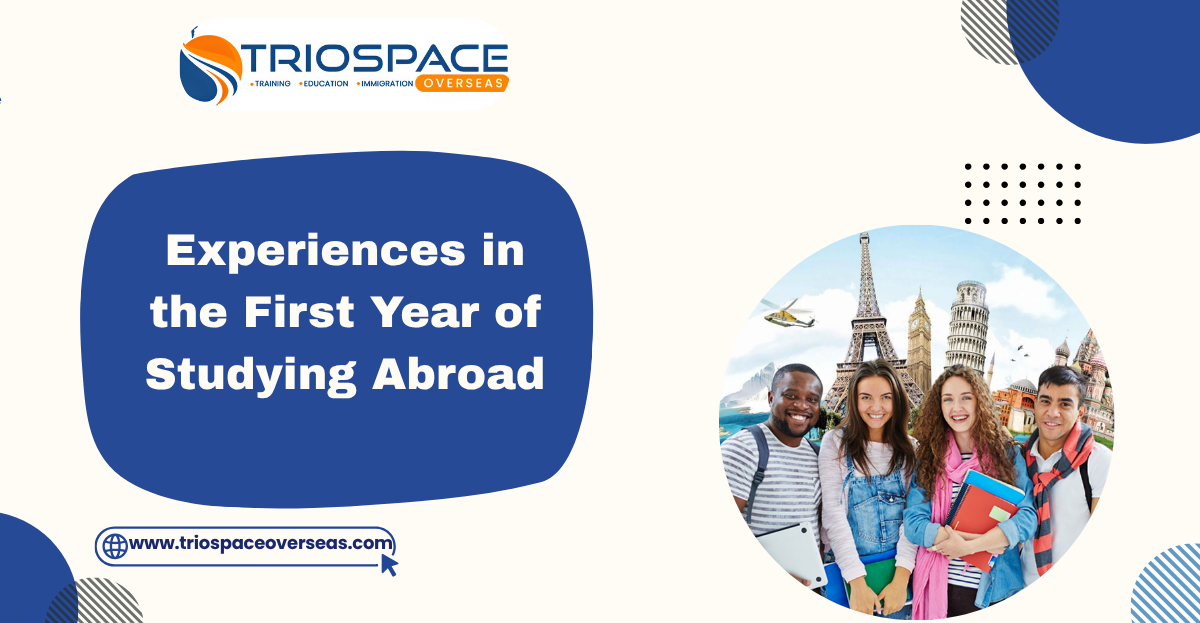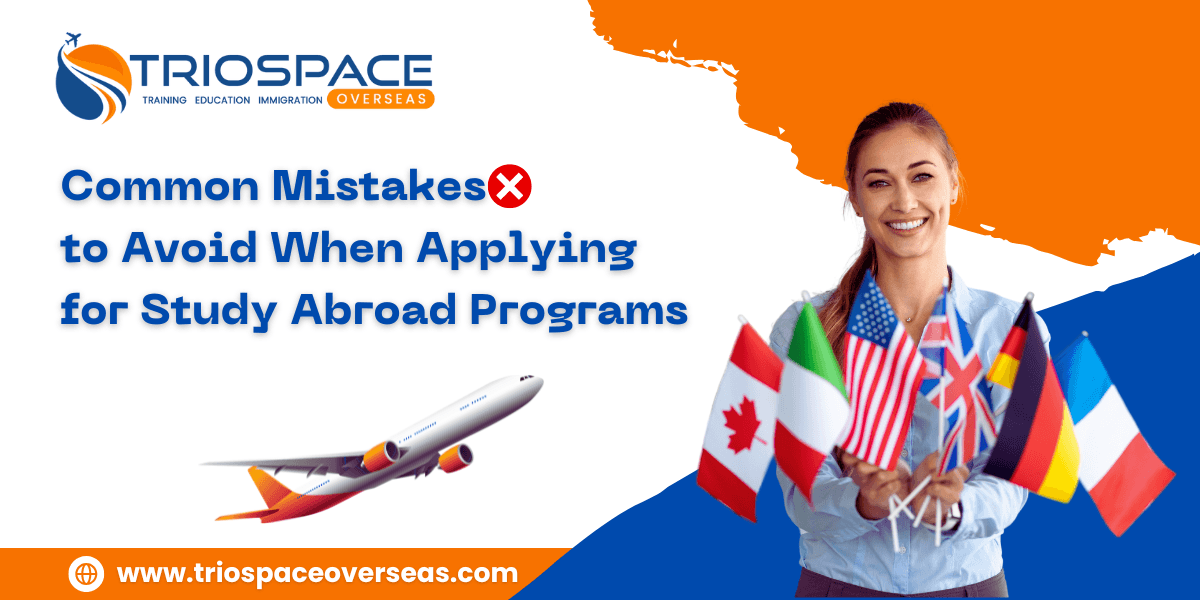
The experience of studying abroad program remains a dream of many, allowing them to experience different cultures and acquire quality education that opens global opportunities in their respective careers. However, when students apply to study abroad program , the application process is very complicated, and more often than not, many commit mistakes that hurt their chances of getting into their desired programs. This may lead to a delay in enrolment as resources may have been wasted at this point and sometimes may even culminate in a visa rejection.
In this blog, we talk about a few of the most prevalent mistakes that students make when applying for a study abroad program and how to avoid them. Knowing these pitfalls would increase the chances of a successful application for a study abroad program and make for a smooth transition into your new academic journey.
1. Research on the Programs
Very few students do enough research about the programs and universities they want to apply to. The worst mistake made by many students is not doing enough research about the programs and universities they want to apply to. Most students rush into the application process without understanding course content, program requirements, or even the appropriateness of the university to their academic and career goals.
How to Avoid:
Determine your aims first: What do you want to achieve from this experience? Are you looking for knowledge in a specific area, international exposure, or career enhancement?
Choose universities and programs: Find those that feature the most in your selected course, what they can provide in terms of courses, faculty, and facilities through useful links such as QS World Rankings or a university’s website.
Know your needs: Every program is different. The requirements of programs often vary, including work experience, specific prerequisite courses, or standardized test scores, so make sure you meet all of these requirements before applying.
Tip : A list of universities and programs considered to be in line with your possible academic interests and long-term career objectives.
2. Ignoring Application Deadlines
Create a timeline: After having decided to pursue higher studies abroad, one must prepare a timeline of application deadlines for respective universities or programs.
Begin early: It might take quite a long time with essay writing, gathering recommendation letters, and preparing financial documents. Start at least 6-12 months before the application deadline.
Setting reminders: You will need to set reminders on your telephone or calendar for major dates in this process, such as when you need to get your applications done, interview dates, and scholarship application deadlines.
Tip: Make sure to upload your application well in advance of the deadline to avoid last-minute technical issues or unforeseen delays.
3. Not Preparing a Strong Personal Statement or Essay
A personal statement or statement of purpose, often requested at several stages in the application form, is something which gives a chance to tell who you are, why you want to study abroad, and what contributions you will make in the university community. But many students take this section casually and submit very weak essays, seriously, very poorly written and general, which may undo much of the good done by the rest of your application
Understand the prompt: Make sure you’re prepared to answer specific questions or topics the university asks you for. Generic statements don’t shine.
Be yourself: Share specific experiences, challenges you have overcome, and motivating forces for studying abroad program .
Relevant achievements to be emphasized: All the academic, extracurricular, and personal achievements, which can really be connected to the program I am applying for. Essays that are grammatically and structurally ill-formed make an untidy impression. Correct and revise your essay multiple times, and also ask some teacher or mentor to review it.
Tip: Tailor each essay to the particular university or program. The personal statement should not be some monolithic essay submitted to many applications.
4. Not Preparing for English Language Proficiency Tests
If you plan to attend university or college in an English-speaking country, then you would most likely be required to submit proof of English language proficiency either through IELTS or the TOEFL tests. One main fault for most students is underestimating the importance of these tests, and they end up not preparing properly, thus getting really low scores.
Requirements: Check the minimum IELTS or TOEFL score required by the universities you are applying to.
Start early: Give yourself enough time in preparation for your test by regular practice. Do all the sections-reading, writing, speaking and listening.
Practice tests: Try out sample papers to understand the format of the exam. Thus, the practice tests would help you in managing the time and complete the paper well during the exam.
Tip: Didn’t score as you wanted? Don’t worry. Many students take the test a second time, having prepared a bit more.
5. Not Considering Financial Planning Early On
It is costly to study abroad program , and one of the biggest mistakes students make is not planning his or her finances very well. In many cases, students under-estimate living cost, tuition fee, travel, and insurance costs.
Calculate the total cost: Tuition fees, living expenses (rent, food, transportation, travel, visa, health insurance).
Search for scholarships and funding: There are scholarships and financial aid that are available to international students. Apply for as many as you can to reduce your pressure.
Develop a budget: Once you have the estimate of costs, prepare a budget, and find ways to fund it from savings, student loans, or even part-time jobs.
Tip: In some countries you can work part-time while studying there, thus money earned could go towards daily living. Once again, please check the visa regulation for any country specifics about rights to work.
6. Submitting Incomplete Applications
Applications submitted with incomplete documents are sure to get rejected. Missing documents, information containing errors, and incomplete sections are among some of the most common yet avoidable mistakes.
Use a checklist: Most colleges and universities draw up a checklist of the list of documents required to be submitted as a part of the application package. Make sure to tick all of them while gathering.
Verify everything: Make sure that you check everything twice, that is just before you submit the application, so that nothing is missing and that you have uploaded the attachments required or mailed them.
Follow-up: If you are sending any documents or letters of recommendation, be sure to follow up so they know it has arrived.
Tip: Don’t forget that documents may have specific formats and sizes ; universities can be very prescriptive about this.
7. Overlooking the Visa Application Process
Once you are accepted to a program, you then have to apply for a student visa. Many students overlook the visa process, thinking it will take just a matter of weeks when, in fact, it can sometimes takes several weeks or even months to complete. And visa rejections occur because of incomplete or inaccurate information submitted in the visa application process.
Avoid
Research visa requirements: Visa requirements in every country are different, so you should start with researching requirements of the country you’re going to. All necessary documents must be prepared. In general, required documents include your passport, acceptance letter, financial proof, medical certificates, and proof of English language proficiency.
Early application: Do not wait until the last minute to apply for your visa. Provide enough time- at least 3 months before your program to prevent delay.
Tip: Some countries require a visa interview so one can prepare common questions in advance and be ready to explain the study plan and how to support oneself financially.
8. Failure to Have Health and Travel Insurance
Most students fail to buy health or travel insurance before leaving their country. International students are usually mandated to have health insurance, and you would risk complications upon the renewal of your visa or escalate the medical charges in the event that you fall ill while still abroad.
Avoid:
Check if compulsory: Check if a particular destination country requires the issuance of health insurance to international students.
Compare insurance plans: See if there are student-specific health insurance plans that cover general medical expenses as well as emergencies.
Travel insurance: Buy some travel insurance to cover all those unexpected issues that you might face, lost luggage, cancellation of flights, or medic al emergencies while traveling.
TIP: Some colleges offer health insurance especially for international students.
9. Not Seeking Advice and Guidance
Students try to cover everything about the application process themselves, which makes it a very hectic process. Not seeking advice from such experts, teachers, or mentors leads you to some avoidable mistakes.
Join forums or social media groups: There are many online forums that students who have some experience of studying abroad would share their experiences there. These could be useful sources for tips and ideas
Consider seeking the help of an education consultant: While you want to do things on your own, if this all seems too complicated, then an education consultant would ease your burden at the university’s selection, application process, and even processing of visa.
Tip: Most of the universities have a separate office meant and allocated solely for international students, and that can help you with everything, from the application procedure to general inquiries. Therefore, do not hesitate to reach out to them when you may be having such questions.
Avoid Mistakes with Expert Guidance from Triospace Overseas
Applying for a study abroad program doesn’t have to be difficult. With Triospace Overseas , you get the support you need to avoid common mistakes and make the process simple. As trusted study abroad consultants in Hyderabad, we offer complete guidance—from admissions and exam preparation to visa counselling , education loans, and finding accommodations. Let us help you study in top destinations like the USA, UK, Australia, Germany, and more. Contact Triospace today and take the first step toward a successful study abroad experience!








